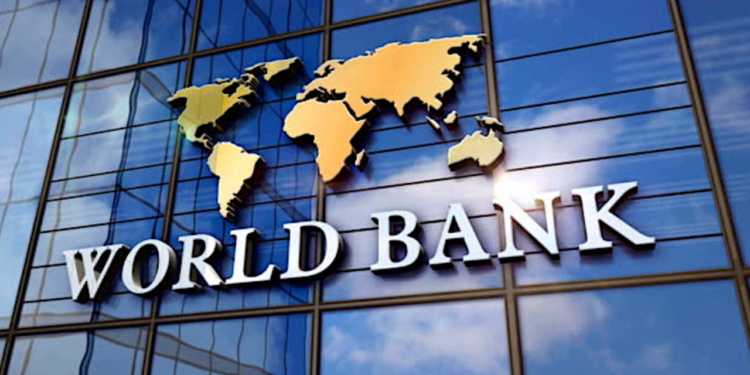From available information, Nigeria may have concluded plans to obtain a $700m loan from the World Bank to provide additional funds for the Adolescent Girls Initiative for Learning and Empowerment (AGILE) programme. Essentially, the loan is part of effort to strengthen the implementation of AGILE in seven states of Borno, Ekiti, Kaduna, Kano, Katsina, Kebbi, and Plateau.
Although the facility seeks, essentially, to boost girl-child education, it is also designed to improve secondary education opportunities for female students. Hopefully, it will further expose the nation to debt burden in the face of genuine and, indeed, widespread concerns over rising cost of debt servicing.
Granted, this desire to access loan to boost girl-child education looks plausible considering the fact that education generally and the girl-child education, in particular, is facing serious threats across the country. But there is more to it.
Only recently, over a dozen female students of Federal University, Gusau were kidnapped in their hostel by rampaging terrorists who have continuously made life brutish for residents of Zamfara state in the face of apparent government’s inability to rein them in.
This abduction, like the series of such that we have witnessed in the past beginning with the Chibok incidence, has multi-faceted implications including the fact that it tends to discourage parents from sending their female children to school.
Facts, and most importantly, data available as far as enrolment, retention and completion of the girl-child in schools is concerned, has shown clearly that there is what can mildly be described as enrolment fatigue.
According to the United Nations’ Children Fund (UNICEF) over 50 per cent of Nigerian girls are not attending school at the basic education level. It also said that 7.6 million girls were out of school in Nigeria – 3.9 million at the primary and 3.7 million at the junior secondary levels with the North East and North West accounting for 48 per cent.
According to data from the National Multi-dimensional Poverty Index, Nigeria has no fewer than 16.2 million out-of-school children with the North Western states of Kano, Kaduna, Katsina, Kebbi, Jigawa, Sokoto and Zamfara states having the highest figure of 8.33 million.
The data showed that North East has 3.72 million, followed by the North Central with 1.81 million, South South has 700,000 while South East and South West have 390,000 and 1.19 million, respectively. While poverty plays fundamental role in parents’ decision to send or not to send their children to school, the deplorable state of security in schools has further exacerbated the situation. Government’s so-called Safe School Initiative has yet to yield the desired results with money and other essential resources wasted without tangible impact.
Will the new loan make any impact considering the widespread allegation of mismanagement, diversion and outright theft that characterised previous loans? The answer to the above question is responsible for the skepticism that greets the news of the new loan more so that the nation is bogged down by huge debt which has continued to have telling impact on the ability to address critical infrastructure issues since enormous revenue is spent on debt servicing.
We recall that huge sums of money were, over the years, spent to boost enrolment and reduce the intolerably wide number of the out of school children. Unfortunately, most of the funds were spent as consultants’ fees and school feeding programmes in schools that lacked qualified teachers, good teaching aids, furniture, libraries and laboratories, suggesting clearly that we are not, as a nation, getting it right.
More than anything else, this new loan, with all its entrapments, is coming against the backdrop of states’ refusal, for reasons we still cannot explain, to access funds running into hundreds of billions of naira at the Universal Basic Education Commission (UBEC). As at May this year, a whooping N46.2 billion has been left un-accessed.
In our considered opinion, government’s decision to ask for yet another loan from the World Bank when states refuse to access billions of naira that would have aided significantly in boosting basic education, smacks of deliberate attempt to further compound the nation’s debt crisis.
We expect the government to perish the idea of a new loan. But should it go ahead to access it, we hope the resources will be judiciously expended in critical areas that will translate to improvement in enrolment, retention and graduation in schools.
There is clearly no reason why the nation should continually be thrown into debt with the loans often times ending in private bank accounts of some privileged few.
The government should map out clear plans on how this money will be spent and the public should be allowed to, not only scrutinize the plans, but be fully involved in its implementation to ensure proper monitoring that will guarantee that the nation gets the desired value.



